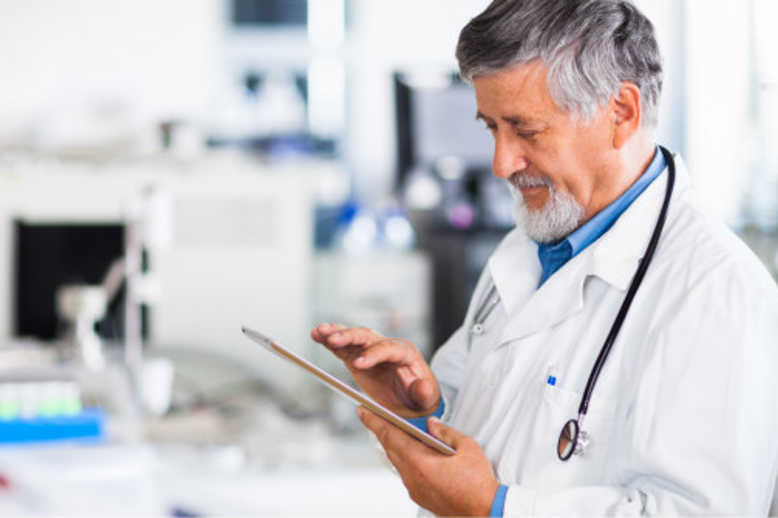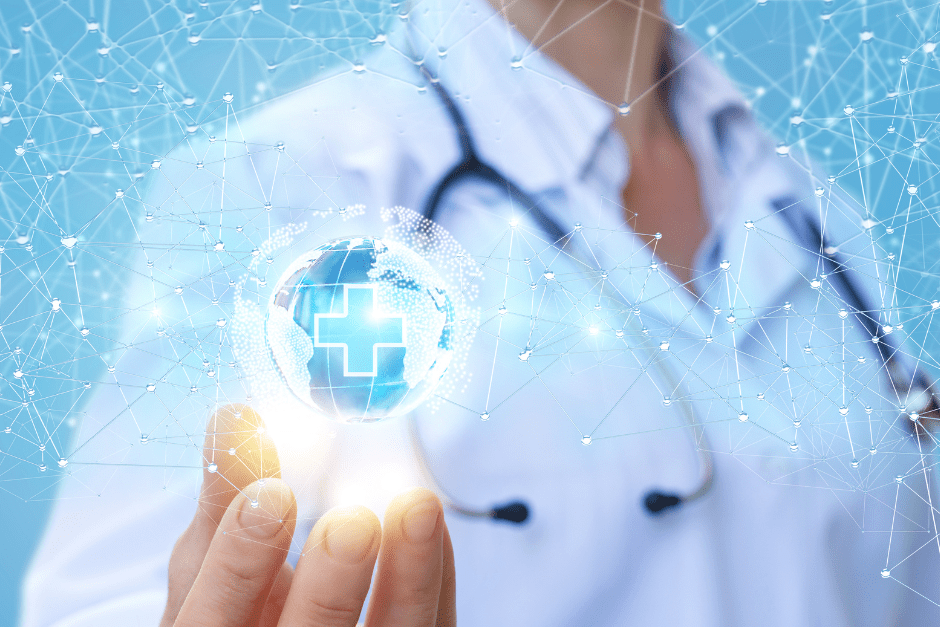This article highlights the importance of medical devices in the healthcare industry highlighting their key uses, developments and emerging technologies in the sector.

Table of Contents
Over the past few decades, there has been a significant evolution in medical devices in the healthcare industry. Medical devices are an important aspect of healthcare as they help diagnose, monitor, and treat a wide range of medical conditions.
These devices include everything from simple devices like tongue depressors and bandages to complex imaging machines and hi-tech surgical robots.
They can be used in hospitals, clinics, and other healthcare settings to help healthcare professionals deliver high-quality care to their patients. The use of medical devices helps to improve the accuracy and effectiveness of medical treatment, leading to better patient outcomes.
Uses of Medical Devices
- Monitor vital signs such as heart rate, blood pressure, and oxygen levels
- Deliver medications and nutrients to the body
- Remove waste and excess fluids from the body
- Support or replace damaged or missing body parts
- Detect and diagnose diseases and conditions
- Treat diseases and conditions with minimal invasiveness
- Prevent infections and other complications
The medical device industry is constantly evolving and innovating, with new technologies and devices being developed all the time. This helps to drive progress in the healthcare industry and ensure that patients have access to the most advanced treatments and technologies.
Key Developments and Emerging Technologies in Medical Devices in the Last Decade
- Miniaturization: Medical devices have become smaller and more portable, allowing for easier and more convenient use. For example, there are now wearable devices that can monitor vital signs and provide real-time data to healthcare professionals.
- Wireless technology: Many medical devices now use wireless technology, which allows for easier data transmission and remote monitoring. This has particularly been useful during the COVID-19 pandemic, where remote monitoring has been crucial in reducing the risk of infection.
- Artificial intelligence (AI): Medical devices are now incorporating AI technology, which can analyze data and provide insights to healthcare professionals. For example, AI can be used to identify patterns in patient data that may indicate a potential health issue.
- 3D printing: 3D printing technology is being used to create medical devices, including prosthetics and surgical instruments. This has the potential to revolutionize the way medical devices are manufactured, making them more affordable and accessible.
- Biomedical engineering: Medical devices are now being designed and developed with a greater understanding of biology and biochemistry. For example, there are now medical devices that use nanotechnology to deliver drugs or perform surgeries at a cellular level.
They also play a critical role in the prevention and management of chronic diseases, such as diabetes, heart disease, and obesity.
They can help patients monitor their vital signs and manage their health conditions more effectively, leading to improved quality of life and reduced healthcare costs.
Devices like endoscopes and catheters allow doctors to perform internal procedures through small incisions, reducing risks, complications, and recovery times for patients compared to open surgeries. This has transformed the treatment of many conditions from high-risk procedures to low-risk, outpatient procedures.
Medical devices also enable continuous monitoring of vital signs and functions. Devices like pulse oximeters, blood pressure monitors, and glucose monitors allow for around-the-clock tracking of important health metrics. This constant monitoring enables early interventions and better management of chronic conditions.
Summary
In summary, medical devices have become an indispensable part of modern healthcare systems. Medical devices have improved patient outcomes, enabled less invasive treatments, and facilitated continuous monitoring and management of health conditions.
The development of new and innovative medical devices will continue to transform patient care and push the boundaries of what is possible in medicine. RegDesk’s promise is to continue to assist in navigating the regulatory maze, focusing on innovation, and transforming healthcare by transforming devices one step at a time.
How Can RegDesk Help?
RegDesk is a holistic Regulatory Information Management System that provides medical device and pharma companies with regulatory intelligence for over 120 markets worldwide. It can help you prepare and publish global applications, manage standards, run change assessments, and obtain real-time alerts on regulatory changes through a centralized platform. Our clients also have access to our network of over 4000 compliance experts worldwide to obtain verification on critical questions. Global expansion has never been this simple.


